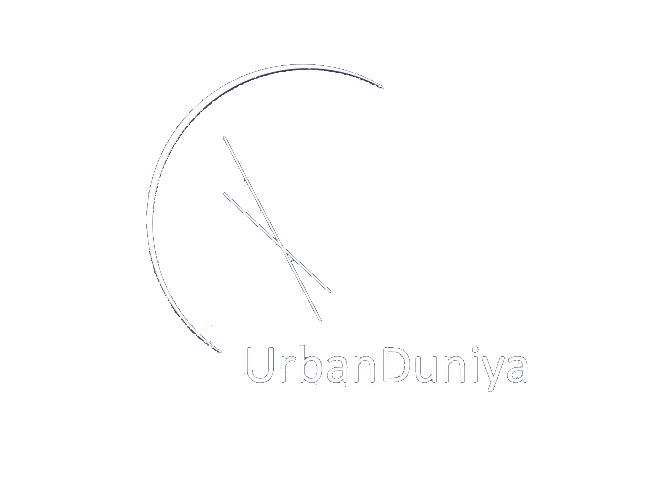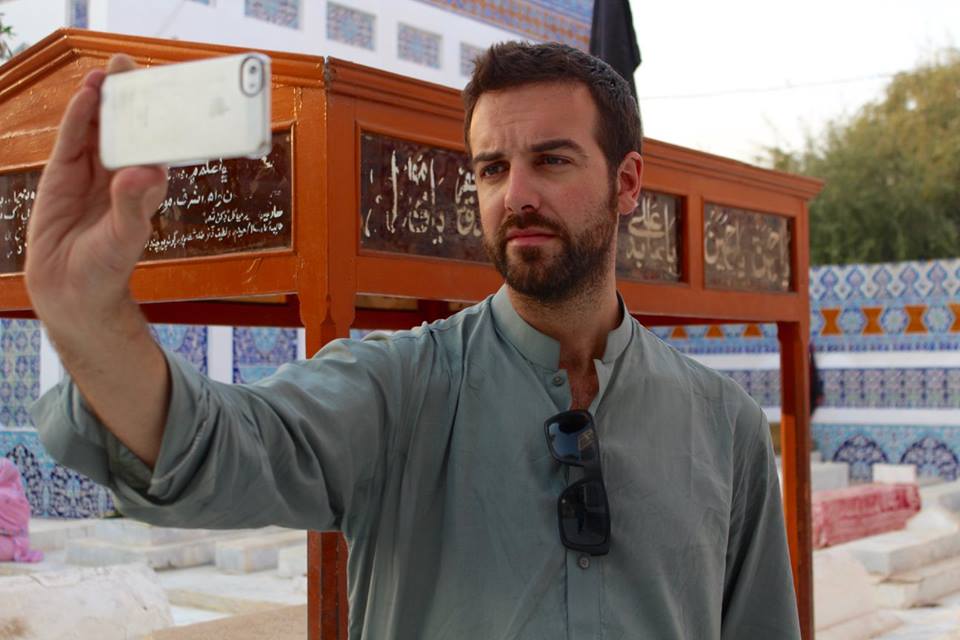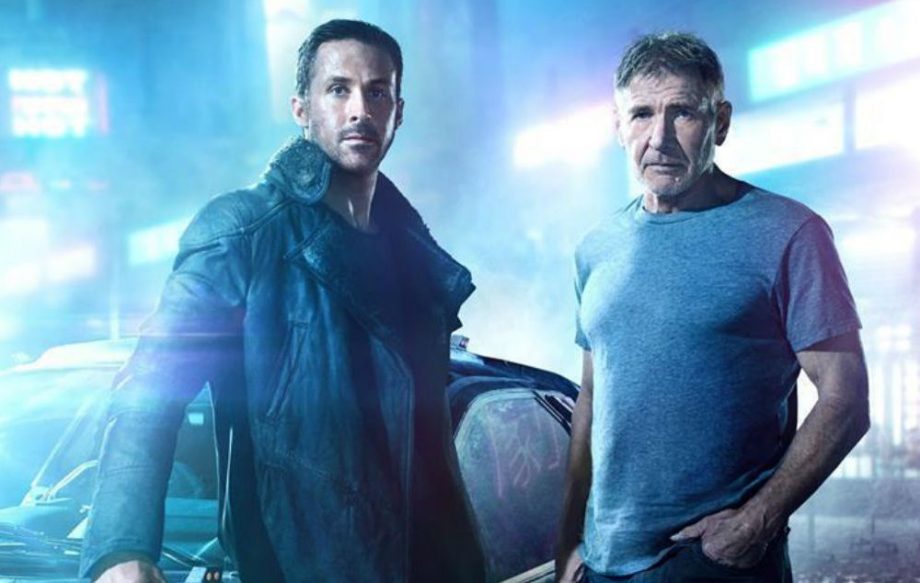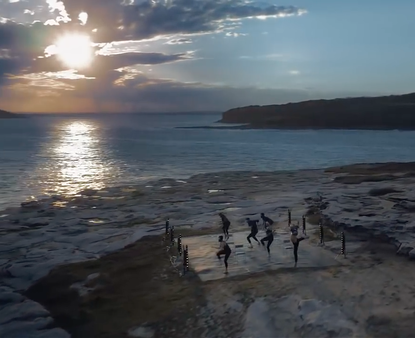The Australian Labor government’s recent decision to resettle all asylum seekers who arrive by boat in Papua New Guinea is confounding, especially considering the general public’s reaction to the announcement. On the surface it seems bizarre; a wealthy, economically developed and socially cohesive nation like Australia having to turn to a poor, fractured and largely dependent nation like Papua New Guinea for help with the world’s most desperate of people. But scratch the surface, and we find a multilayered trifle of lies, ignorance, money and grubby politics to explain the strange behaviour of one of the world’s more transparent governments.
To begin with, let us establish that Australia is a signatory to the United Nations’ 1951 Refugee Convention, which states that a nation cannot discriminate between methods of arrival for refugees. In layman’s terms, if you need help, it doesn’t matter how you get to it – whether by boat, plane or otherwise. The United Nations’ Refugee Agency, the UNHCR, has also expressed its concerns over Australia’s new policy in this regard. So it appears that Kevin Rudd’s latest policy shift may actually be out of step with international law. But Rudd doesn’t seem too bothered by that – in fact he has stated that he wants to change the long-standing and esteemed (if not always respected) international protocol in refugees. This will surely be seen as a strangely parochial request in the wider world, considering Kevin Rudd doesn’t rule the world, nor does Australia’s refugee policy factor too prominently in considerations for global governance (Australia is, after all, just one of 145 signatory countries to the 1951 convention). Opposition leader Tony Abbott claims that Rudd is trying to “internationalise” Australia’s issue of asylum seekers, which surely begs the question of what would constitute an international issue, if not that of refugees.

Austrlaian prime minister Kevin Rudd with Papua New Guinea’s prime minister Peter O’Neill (Image: Fairfax)
Of course, another major concern is that in sending refugees to Papua New Guinea to be resettled, Australia is sending some of the world’s most vulnerable people to a nation that produces refugees due to its comparatively low standard of living. Instead of loosely slandering Papua New Guinea as some witch-burning backwater (as some commentators have done in the past week), lets consult the Australian government’s own Smart Traveller website which advises Australian visitors to exercise a ‘high degree of caution’ in their northern neighbour. The Australian government warns that Australian visitors could meet with problems including, but not limited to “high levels of serious crime” and “ethnic disputes… (which) can quickly escalate into violent clashes… (and) promote an atmosphere of lawlessness, with associated increase in violent crime”. That’s not all – the world’s most downtrodden people can also look forward to the “ever-present threat” of car-jacking, increased “reported incidents of sexual assault, including gang rape”, flooding, landslides, impassable roads, “endemic” cholera, and “a heightened risk of armed robbery and attack at well-attended shopping centres in urban areas, including (the capital) Port Moresby”. In short, not a great place to be if you are in need of safety and protection, and a place that people understandably flee from.
There’s also the clear ethical considerations; Australia is not being swamped by refugees, and even if it were, current figures demonstrate that more ‘illegal immigrants’ arrive by air through Australia’s major airports than by boat. So one wonders why Australia even needs Papua New Guinea to help it in this regard – it would be an insult to Australia’s strength as a nation if it weren’t so questionable. It is certainly an insulting illustration of how the Australia government views its northern neighbour – not much more than a dumping ground for human beings it doesn’t care about. Papua New Guinea will receive a truckload of value in the form aid projects for taking in Australia’s refugees arrivals. Besides sounding a lot like bribery and corruption, it also smacks of a dependent master-slave relationship which could be viewed as a continuation of Australia’s colonisation of Papua New Guinea.
And then there are the policy flaws; the Rudd government claims that the intention of resettlement in Papua New Guinea is to discourage would-be asylum seekers from paying people smugglers to take them to Australia by boat. However this policy will not “stop the boats” as is often crudely claimed, because if someone is desperate enough to get on a boat, they are obviously desperate enough to leave their current location by any means necessary, regardless of the consequences. This goes for economic immigrants too – simply being an ‘economic migrant’ does not make a person any less desperate, as the Australian government likes to suggest. If someone’s mother was not able to receive treatment for terminal cancer in their own nation owing to their financial condition, the cries and whimpers of their mother’s suffering would easily be motivation enough for many – and that example does not even begin to illustrate the experience which many of the world’s poor endure. At a stretch, one could also theorise that if Papua New Guinea is as liveable as the Australian government describes it to be, an unfortunately by-product could be a stream of refugees fleeing their new homes in PNG on the off-chance of slipping across Torres Strait undetected.
Finally, one has to wonder what the practical implications of this policy are. Australia has a lot of space. Why does it need Papua New Guinea as a dumping ground? Moreover, Australia needs immigrants, owing to its low natural rate of population growth. Surely among some of those refugees are doctors, teachers, nurses and the like who would give anything to start over their life in a place where they are needed, such as Australia’s rural areas. The ones who aren’t could surely fill some jobs that the average Australian doesn’t want to do, such as cleaning or driving taxis. It would certainly be in keeping with the Australian national psyche – the idea of ‘mateship’ and a ‘fair go’ that Australians apparently hold so dear. Immigrants have contributed some of Australia’s favourite dishes, customs and personalities, and have, on the whole, improved Australian society to the relatively exciting state it is in today – and that’s only considering those who immigrated during the 20th century. Not to mention the fact that Australia likes to see itself as a modern, progressive, ethical, educated nation. Why could refugees not be processed in Australia in a timely and dignified manner? Let’s not forget the cold hard fact that it would be much, much cheaper to do that, rather than pay for people to fly to another country to stay in wretched conditions for years on end. It just doesn’t make sense.
The terrible truth is that yesterday, an opinion poll found that after the announcement of the new hardline policy, the majority of Australians believe that Kevin Rudd is better placed to handle the refugee ‘problem’ than Tony Abbott. So there it is – as many of us suspected, it is all for polling advantage ahead of an election – and anyone familiar with the ugly culture of selfish entitlement in Australia would know why it worked. And if, given all the aforementioned considered and reasonable evidence against it, the majority of Australians support the new policy, then that is a sad comment on the society in the nation. Australians, at least a majority of us, apparently live in a parallel universe. Perhaps the supposed privilege of democracy, “rule by the people”, is not such an appropriate concept in a nation like Australia where ignorance and delusion are apparently the order of the day.
Don’t forget to vote on this issue in our urbanvoice poll.







0 Comments